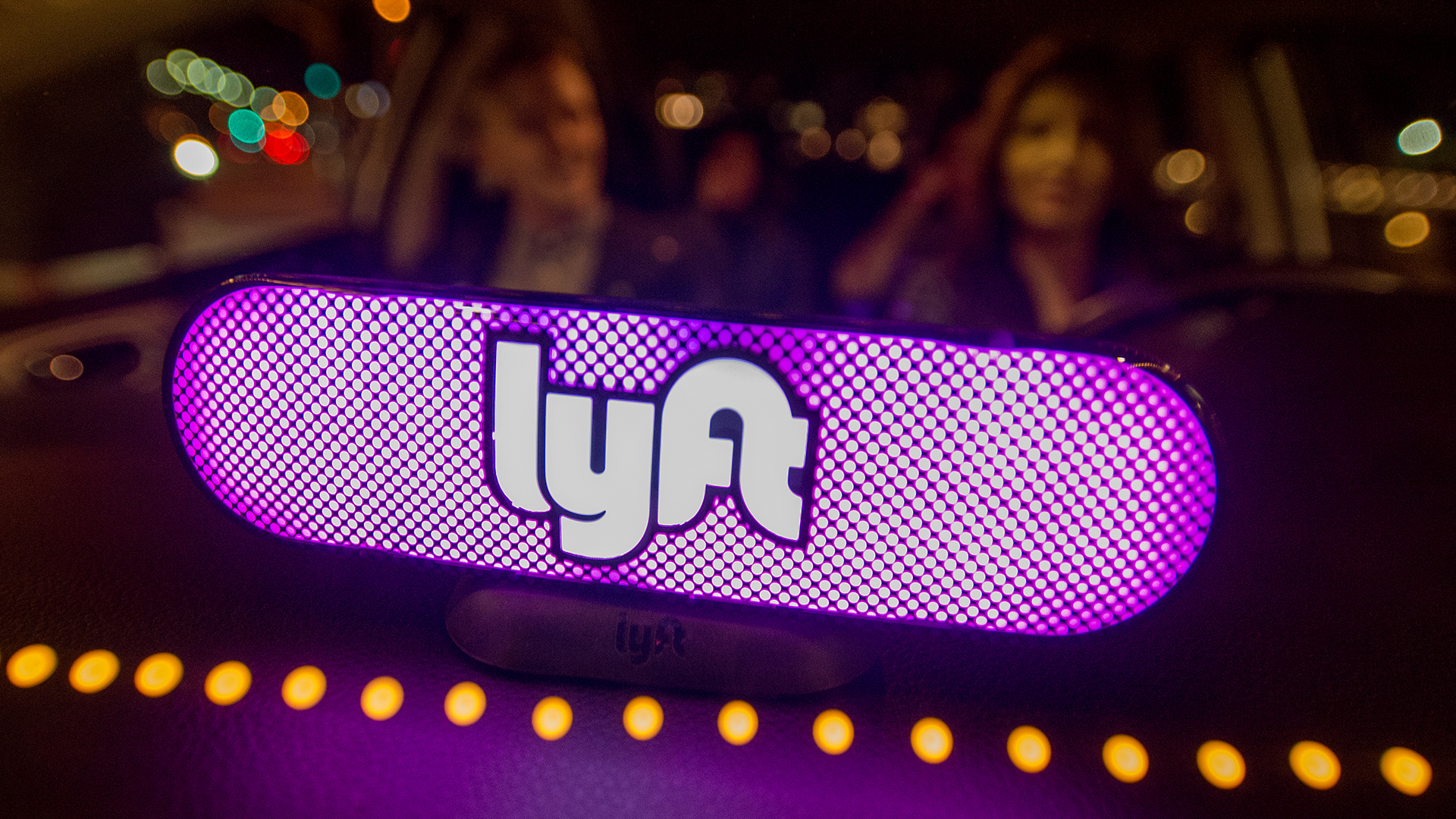

Lyft has discussed plans for self-driving cars numerous times in the past, but the ride-sharing company is finally getting serious about them. On Friday, it announced plans to launch its own autonomous-car development program. It’s a major (and necessary) step toward meeting Lyft’s ambitious autonomous car goals. The company previously said the “majority” of its rides will be in self-driving cars by 2021, and it hopes to give 1 billion rides a year in autonomous electric cars by 2025. But when it comes to actual autonomous driving technology, Lyft’s rivals have a major head start.
In all other things, Lyft’s main rival is Uber. While it is currently fending off a legal challenge from Waymo, the larger ride-sharing company has been testing self-driving cars on public roads for some time now, even giving customers rides on a limited basis. This gives it a multi-year head start on Lyft; a powerful advantage, as is the company’s deep purse.
On the other hand, Lyft doesn’t even have any of its own self-driving cars. What Lyft does have is partnerships with other companies. General Motors and Jaguar-Land Rover have invested in Lyft, and the ride-sharing company is working with both Waymo (the former Google self-driving car project) and NuTonomy on autonomous driving. NuTonomy self-driving cars will provide the first autonomous Lyft rides as part of a pilot program in Boston set to start later this year.
However, it’s unclear how Lyft will expand upon the work being done in these partnerships. The company is building a new research facility in Palo Alto, California, and plans to hire “hundreds” of engineers, but has been vague on what work will actually be done. Luc Vincent, Lyft’s lead engineer, told The Verge that Lyft won’t develop its own lidar, a crucial sensor for self-driving cars.
Lyft also faces the same problem as other tech companies trying to break into the autonomous-car game: It doesn’t make cars. Regardless of what autonomous driving tech it develops on its own, Lyft will need to partner with an automaker to get it on the road—which is where the company’s team-ups with GM and JLR could come in handy.
Assuming self-driving cars ever become commercially viable, and Lyft can develop its own version of the technology, the company faces the additional hurdle of competition in the marketplace. Lyft will have to distinguish its autonomous ride-sharing service from services offered by Uber, and possibly automakers like Ford and Tesla as well—both of whom have expressed interest in starting their own car-sharing services.
It makes sense for Lyft to be interested in self-driving cars. Analysts predict autonomous driving will make ride sharing even more profitable, and Lyft’s main rival is already investing in the technology. But with so many other companies already working on self-driving cars, Lyft may be entering the race too late to become a leader.